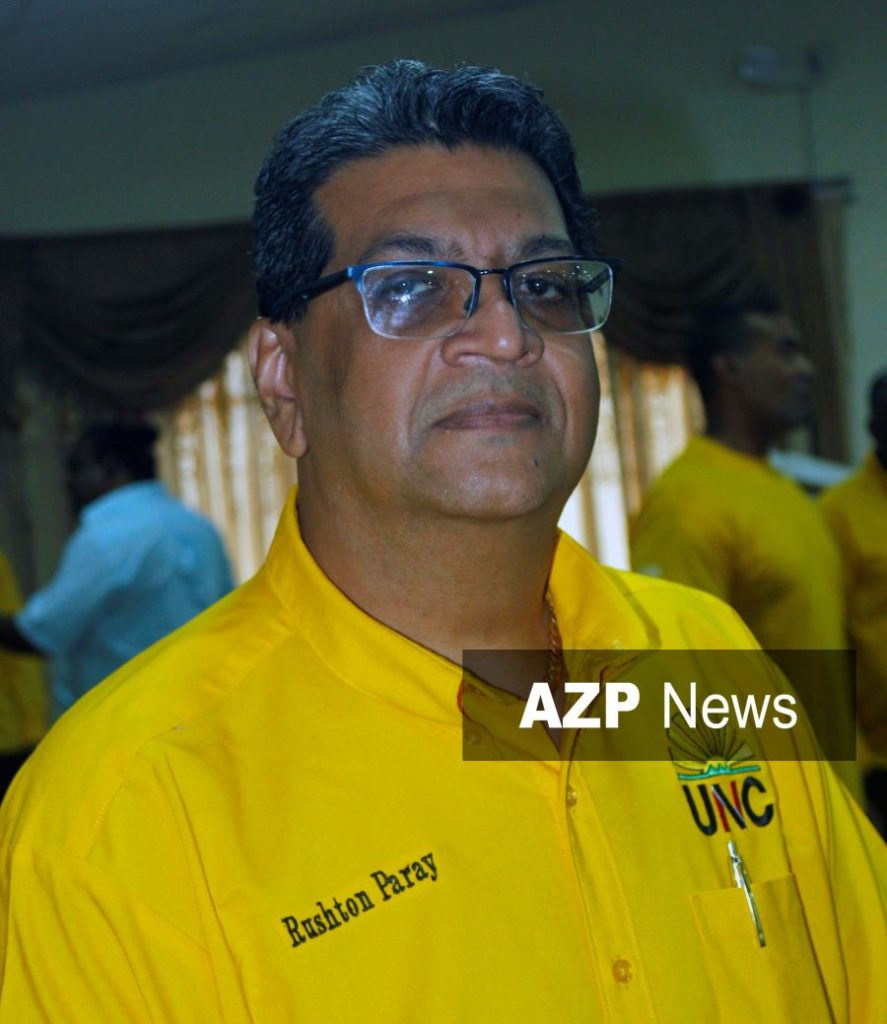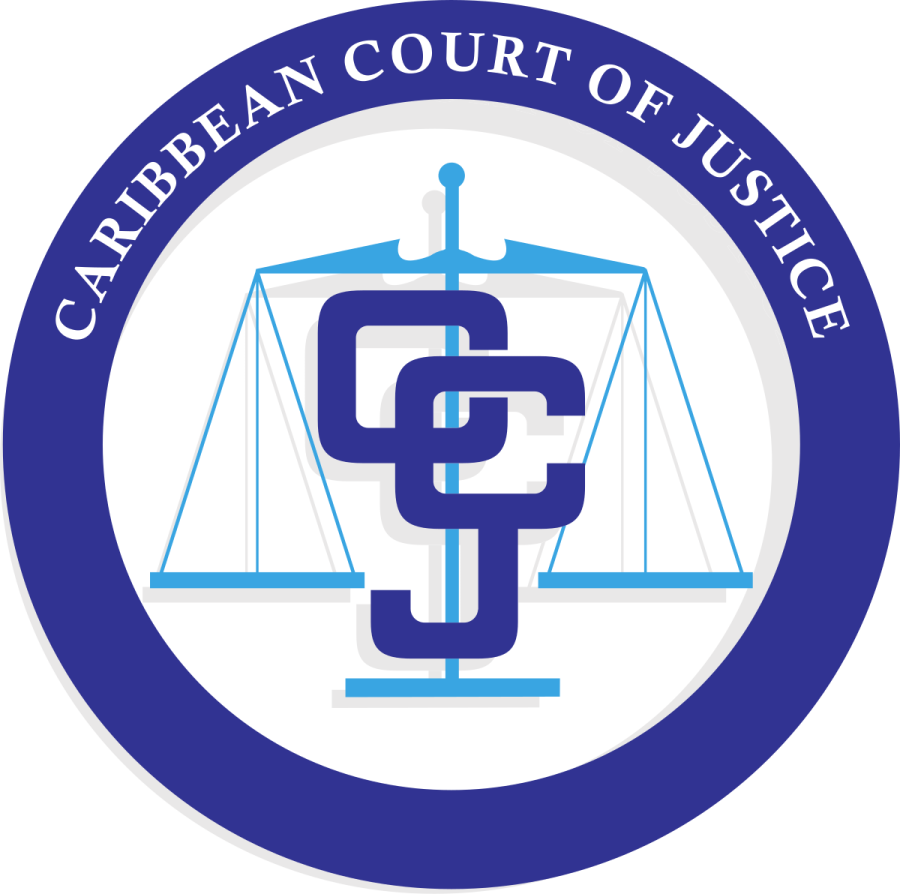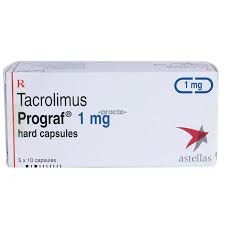AZP News Guest Commentary

The ongoing debate regarding the removal of the Privy Council as Trinidad and Tobago’s final court of appeal in favor of the Caribbean Court of Justice (CCJ) is a matter that demands careful and deliberate consideration.
It is a subject of immense importance that touches the core of our justice system, the independence of our judiciary, and the preservation of the rule of law. While the move towards a regional court may seem appealing, especially under the banner of full independence and regional integration, it is imperative to scrutinize the potential consequences.
The experiences of neighboring countries, such as Venezuela, provide a sobering reminder of the dangers of political interference in the judiciary, and underscore the importance of maintaining a robust and independent final appellate court.
Judicial independence is the cornerstone of any democratic society. It ensures that the judiciary operates free from political influence, allowing judges to make decisions based on law and justice rather than political expediency.
The Privy Council, as an external and impartial body, has served Trinidad and Tobago well in this regard. It has provided an additional layer of protection against potential abuses of power by ensuring that final judgments are rendered by a court far removed from local political pressures.
The Privy Council’s impartiality and its commitment to upholding the principles of justice have been consistently demonstrated in its judgments. It has played a critical role in safeguarding the rights of individuals against the state, ensuring that the rule of law prevails over political interests.
This detachment from local politics is not merely symbolic; it is a practical safeguard that has provided citizens with a sense of security and confidence in the judicial system.
The establishment of the CCJ was a laudable effort to create a regional judicial body that reflects the shared history, culture, and legal traditions of the Caribbean. As a court, the CCJ has demonstrated its competence and has made significant strides in developing a body of Caribbean jurisprudence.
While the CCJ offers the promise of greater accessibility and a more culturally relevant understanding of Caribbean legal issues, concerns about its susceptibility to political influence cannot be ignored.
Unlike the Privy Council, which is insulated from the political dynamics of the Caribbean, the CCJ operates within the region and is, therefore, more exposed to potential pressures from Caribbean governments. This proximity to the political landscape of the region could compromise the perception of its independence, and by extension, the confidence of the people in its judgments.
The situation in Venezuela provides a stark warning about the dangers of a judiciary that is not fully independent. Over the years, the Venezuelan Supreme Court has been systematically manipulated to serve the interests of the ruling government, particularly under the regime of Nicolás Maduro.
Through strategic appointments and reforms, the independence of the Venezuelan judiciary has been eroded to the point where the Supreme Court is widely seen as an extension of the executive branch.
This gerrymandering of the Venezuelan Supreme Court has had disastrous consequences for the rule of law in the country. The court has consistently ruled in favor of the government, even in cases where there is clear evidence of human rights violations and breaches of the constitution.
The lack of an independent judiciary has contributed to the deepening of Venezuela’s political and economic crisis, as there is no impartial body to hold the government accountable or to protect the rights of citizens.
The Venezuelan experience illustrates the risks associated with allowing the judiciary to fall under the influence of political powers. It highlights the importance of having a final appellate court that is completely insulated from local political dynamics. In this context, the Privy Council’s detachment from the Caribbean political landscape is a critical advantage that should not be underestimated.
In contrast to the Venezuelan experience, the Privy Council has maintained its integrity as an impartial and independent appellate body. Its judgments have not only upheld the rule of law in Trinidad and Tobago but have also served as a check on executive overreach.
The Privy Council has provided a forum where cases can be reviewed without the fear of political retribution or influence, ensuring that justice is served based on the merits of the case and the law.
Furthermore, the Privy Council’s role as an appellate court is not merely to correct errors made by lower courts but to ensure that justice is done according to the highest standards.
Its decisions are binding and serve as important precedents that shape the development of our legal system. This function is crucial in a small jurisdiction like Trinidad and Tobago, where the pool of legal expertise is limited, and where the influence of local political dynamics can be pervasive.
The debate over whether to replace the Privy Council with the CCJ should not be seen as a binary choice. Instead, it is possible to pursue a path that strengthens the CCJ while preserving the Privy Council as our final court of appeal.
This approach would allow the CCJ to continue developing as a regional court of first instance, particularly in cases involving Caribbean integration and trade, while ensuring that the most critical and contentious cases are reviewed by an independent and impartial body.
In the long term, efforts to build the CCJ’s credibility and independence must be prioritised. This includes ensuring that the appointment process for judges is transparent and free from political interference, providing adequate resources for the court to function effectively, and fostering a culture of judicial independence across the region.
As the CCJ matures and gains the trust of the Caribbean people, it may eventually be in a position to replace the Privy Council. However, until such time, the Privy Council remains a vital safeguard for the protection of our rights and the maintenance of the rule of law.
Rushton Paray is the MP for Mayaro
![]()













